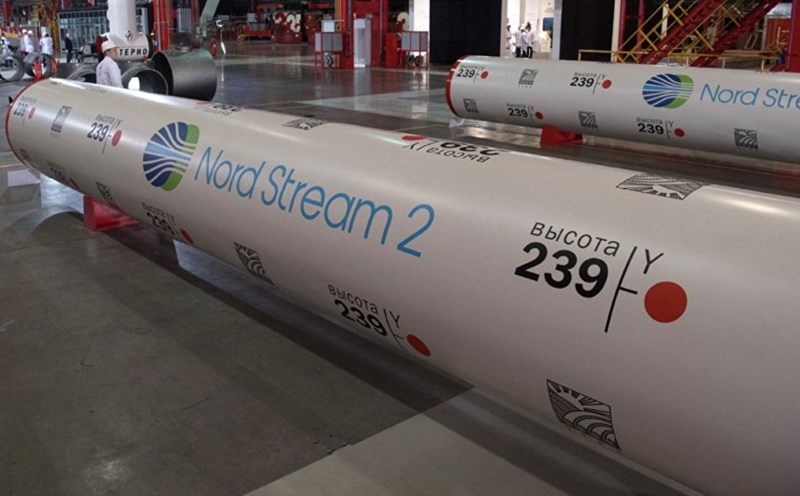The French newspaper quoted a source from Brussels as saying that the leaders of the European Union (EU) all clearly understand that Ukraine is unlikely to be able to repay the debt. This is the main reason why the plan of European Commission President Ursula von der Leyen to mobilize new loans from frozen Russian asset profits has not been approved.
At the EU's informal summit held in Copenhagen ( Denmark) on October 1, the "compensation loan" plan worth 140 billion euros ($165 billion) proposed by European Commission President Ursula von der Leyen did not receive much support.
The "competitive loan" will be provided to Ukraine based on profits from Russian frozen assets in Europe. The idea was that if Russia had to compensate Ukraine for the conflict in the future, that money would be used to pay off the loan. In other words, Ukraine borrows first, Russia will be the repayer if the EU forces Moscow to accept compensation.
Currently, $300 billion in Russian assets have been frozen by the West after the outbreak of the Ukrainian conflict in 2022. About two-thirds of these assets are currently located at the Euroclear payment center in Belgium, which generates billions of euros in profits each year. Instead of seizing it directly, the G7 had previously agreed to use the interest to secure a $50 billion loan to Kiev.
However, the plan to expand to a 140 billion euro loan package has faced many doubts. An EU diplomat frankly admitted: We all know that Kiev will never be able to repay this loan.
In addition to credit risks, many other obstacles were also raised. Some countries are concerned that this move will be seen as an appropriation of property, negatively affecting financial market confidence. Hungary continues to strongly protest, while many countries have warned that corruption in Ukraine requires the EU to set up a mechanism to closely monitor the use of money.
Germany, which supports the plan, requires all capital to be spent on military spending and pay for EU arms producers. Meanwhile, France and Italy called for not to forget Ukraine's socio-economic needs, especially as the conflict continues.
Several member states also stressed that G7 partners outside the EU including the US, UK, Canada and Japan must share their guarantee responsibilities, rather than putting the burden on Europe. Therefore, the discussion has been postponed to the EU summit scheduled for October 23-24.
Russia has repeatedly declared the freezing and use of its assets an illegal act. Kremlin spokesman Dmitry Peskov on October 2 again criticized Brussels' new plan as "a blatant robbery", warning of a lawsuit and retaliation.
Observers say that although the EU is trying to find a long-term financial source for Ukraine, it is the uncertainty about debt repayment and internal division that makes the "compensation loan" plan more likely to continue to be at a standstill.








